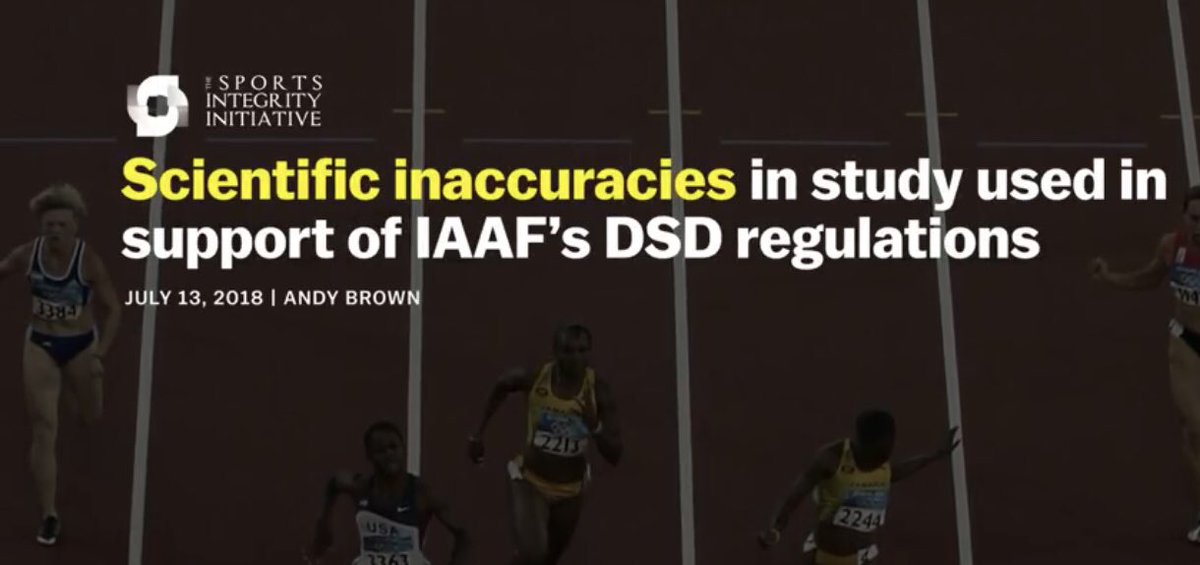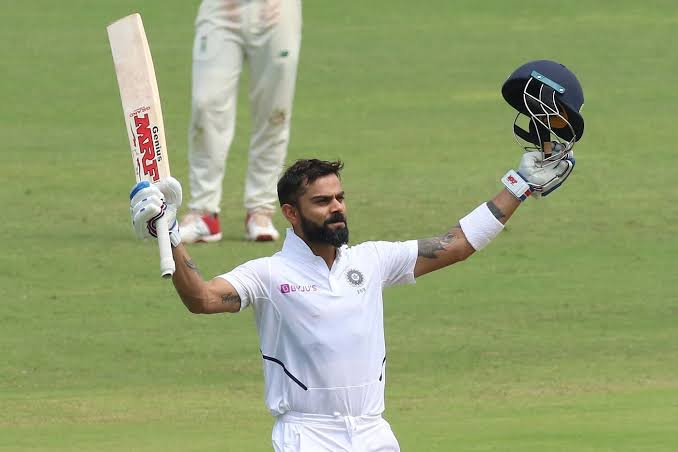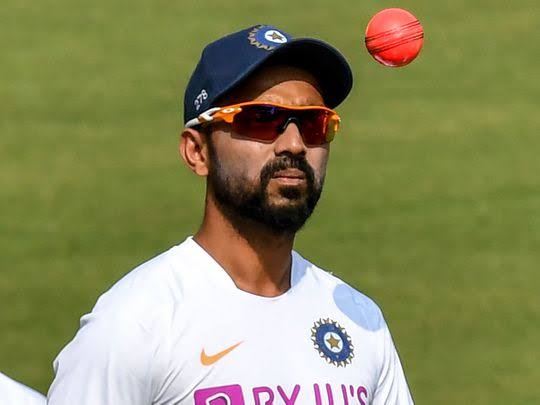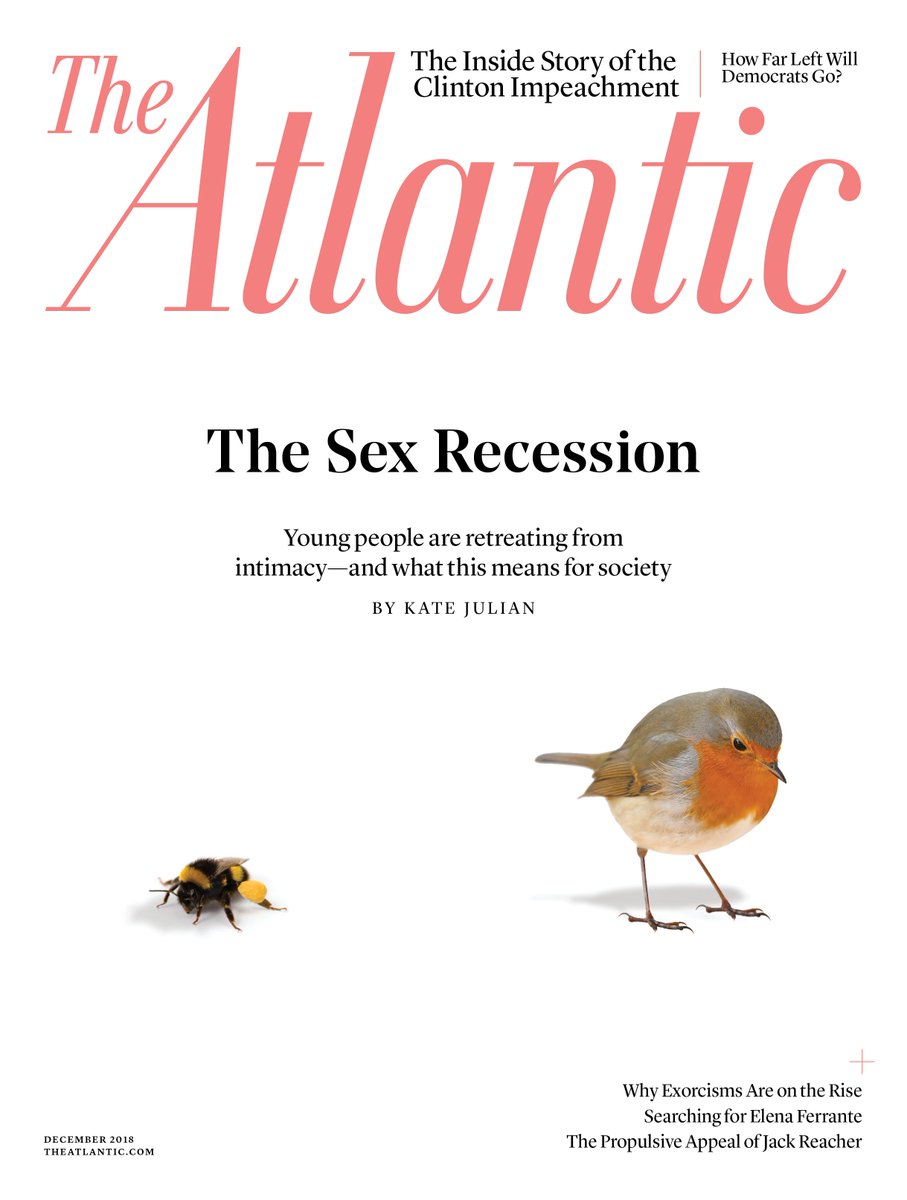#TeamIndia #coaches #AUSvsIND
#Thread #Cricket
It's important that credit should be given to the right individuals where 'coaching' is concerned. Let's not be blind to some leading contributions that have come from lesser-known names.
#TeamIndia #coaches
#TeamIndia #coaches #AUSvsIND
Rohit Sharma -- his childhood coach and go-to man Dinesh Lad.
Cheteshwar Pujara -- his dad Arvind Pujara
Ajinkya Rahane -- Pravin Amre
Virat Kohli -- Rajkumar Sharma, Ravi Shastri
Rishabh Pant -- Tarak Sinha, Ricky Ponting
Prithvi Shaw -- Santosh Pingutkar (childhood coach), Mak Waingankar (long-time mentor), Raju Pathak (Rizvi)
R Ashwin -- nobody in particular, grew in stature as he played more cricket
Jasprit Bumrah -- the Mumbai Indians set up, and Bharat Arun
Kuldeep Yadav -- Kapil Pandey
Mohammed Siraj -- Bharat Arun
Mohammed Shami -- Badruddin Siddiqui & Bharat Arun
T Natarajan -- Diwakar Vasu
Wriddhiman Saha -- Jayanta Bhowmick
Navdeep Saini -- Bharat Arun
Shardul Thakur -- Mumbai cricket
Hanuma Vihari -- St John's Academy, John Manoj
Ravindra Jadeja -- Saurashtra cricket & MSD
Ishant Sharma -- Shravan Kumar
KL Rahul -- Samuel Jayaraj
Umesh Yadav -- Subroto Banerjee & Pritam Gandhe
#BCCI #TeamIndia #Coach
More from Sport
You May Also Like
Here's the most useful #Factualist comparison pages #Thread 🧵

What is the difference between “pseudonym” and “stage name?”
Pseudonym means “a fictitious name (more literally, a false name), as those used by writers and movie stars,” while stage name is “the pseudonym of an entertainer.”
https://t.co/hT5XPkTepy #english #wiki #wikidiff
People also found this comparison helpful:
Alias #versus Stage Name: What’s the difference?
Alias means “another name; an assumed name,” while stage name means “the pseudonym of an entertainer.”
https://t.co/Kf7uVKekMd #Etymology #words
Another common #question:
What is the difference between “alias” and “pseudonym?”
As nouns alias means “another name; an assumed name,” while pseudonym means “a fictitious name (more literally, a false name), as those used by writers and movie
Here is a very basic #comparison: "Name versus Stage Name"
As #nouns, the difference is that name means “any nounal word or phrase which indicates a particular person, place, class, or thing,” but stage name means “the pseudonym of an
Decoded his way of analysis/logics for everyone to easily understand.
Have covered:
1. Analysis of volatility, how to foresee/signs.
2. Workbook
3. When to sell options
4. Diff category of days
5. How movement of option prices tell us what will happen
1. Keeps following volatility super closely.
Makes 7-8 different strategies to give him a sense of what's going on.
Whichever gives highest profit he trades in.
I am quite different from your style. I follow the market's volatility very closely. I have mock positions in 7-8 different strategies which allows me to stay connected. Whichever gives best profit is usually the one i trade in.
— Sarang Sood (@SarangSood) August 13, 2019
2. Theta falls when market moves.
Falls where market is headed towards not on our original position.
Anilji most of the time these days Theta only falls when market moves. So the Theta actually falls where market has moved to, not where our position was in the first place. By shifting we can come close to capturing the Theta fall but not always.
— Sarang Sood (@SarangSood) June 24, 2019
3. If you're an options seller then sell only when volatility is dropping, there is a high probability of you making the right trade and getting profit as a result
He believes in a market operator, if market mover sells volatility Sarang Sir joins him.
This week has been great so far. The main aim is to be in the right side of the volatility, rest the market will reward.
— Sarang Sood (@SarangSood) July 3, 2019
4. Theta decay vs Fall in vega
Sell when Vega is falling rather than for theta decay. You won't be trapped and higher probability of making profit.
There is a difference between theta decay & fall in vega. Decay is certain but there is no guaranteed profit as delta moves can increase cost. Fall in vega on the other hand is backed by a powerful force that sells options and gives handsome returns. Our job is to identify them.
— Sarang Sood (@SarangSood) February 12, 2020





























